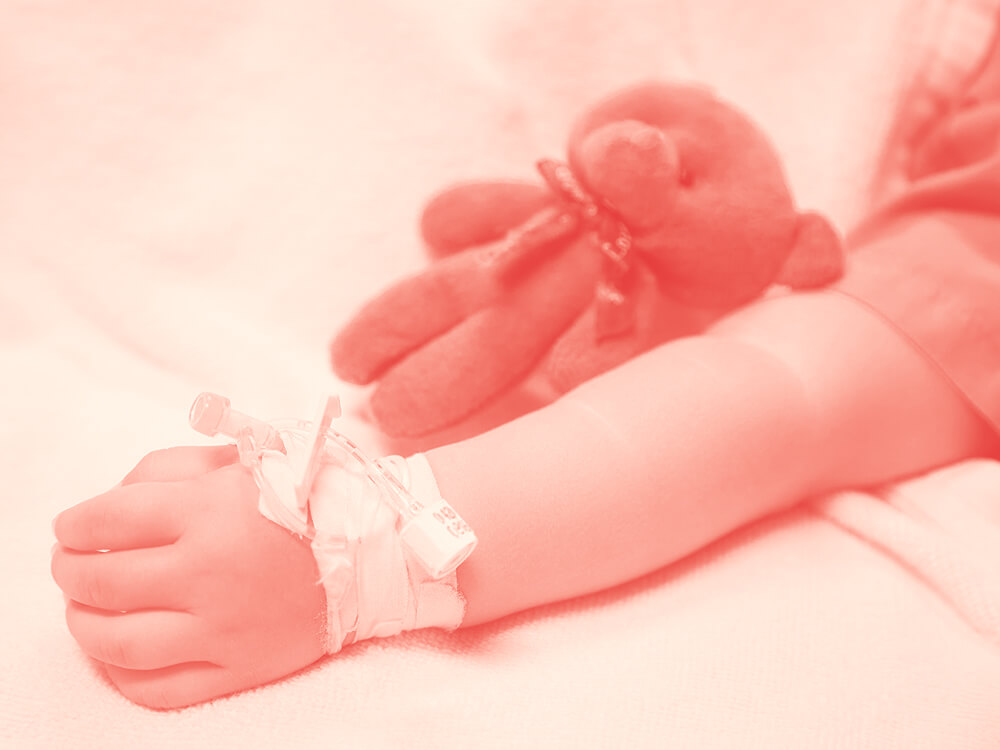The Board of Certification for Emergency Nursing (BCEN) Certified Pediatric Emergency Nurse (CPEN) certification exam is renowned for its rigorous assessment of a nurse’s ability to provide excellent care in pediatric emergency situations. Although every aspect of the exam is designed to test the depth and breadth of a nurse’s knowledge, there are five topics in particular that test takers often find particularly challenging. This blog post will delve into these areas, offering insights and tips on how to better prepare for them.
1. Pediatric Triage
Pediatric triage requires unique skills, given the anatomical and physiological differences between children and adults. Nurses must be able to quickly and accurately assess the severity of a child’s condition, considering factors such as age, weight, vital signs, and symptoms. Complicating this further is the often limited ability of children to communicate their symptoms, as well as the potential emotional distress of accompanying parents or guardians.
To prepare for this section, nurses should familiarize themselves with pediatric-specific assessment tools, such as the Pediatric Early Warning Signs (PEWS) or the Modified Early Warning Score (MEWS), and practice applying these in simulated scenarios.

2. Pediatric Pharmacology
Pediatric pharmacology is another challenging topic because children metabolize and respond to medications differently than adults. Calculating pediatric medication doses based on weight (mg/kg) or body surface area can be complex and prone to errors.
In addition, pediatric patients may need specific formulations (like liquid or chewable medications), and nurses need to understand the specific contraindications and side effects associated with various pediatric drugs.
3. Respiratory Emergencies
Respiratory emergencies are a leading cause of pediatric emergency visits. Understanding the subtle signs of respiratory distress in children, such as grunting, nasal flaring, and retractions is crucial. Additionally, managing various pediatric respiratory conditions, including asthma, croup, and respiratory syncytial virus (RSV), may differ from their adult counterparts.
4. Pediatric Trauma
Pediatric trauma is a leading cause of death in children, making it a key topic in the CPEN exam. The complexities in managing pediatric trauma lie in the differing physiological responses to trauma, unique injury patterns due to the different stages of development, and the psychological aspects of care.
Thorough knowledge of injury prevention, appropriate resuscitation measures, and trauma protocols is essential. Nurses should also be comfortable with performing rapid primary and secondary trauma assessments.
5. Psychological and Mental Health Emergencies
Pediatric mental health has been increasingly recognized as a crucial aspect of pediatric emergency nursing. The CPEN exam covers the identification, management, and referral of children with mental health conditions such as anxiety, depression, suicidal ideation, and substance abuse.
Understanding how these conditions can present in a pediatric population, and being able to provide appropriate care and referrals, is essential. Topics such as de-escalation techniques, safety precautions, and appropriate referral options are tested in this section.
Preparing for the CPEN exam is challenging, but focusing on these difficult topics can help you prioritize your studies and hone your skills. A deep understanding of pediatric triage, pharmacology, respiratory emergencies, trauma, and psychological emergencies will help you pass the CPEN certification exam and equip you to provide exceptional care to pediatric patients in the real-world emergency setting. Remember, while the exam is rigorous, it’s ultimately a tool designed to ensure that you’re prepared to save lives and contribute to the health and well-being of your pediatric patients. Happy studying!

